A recent Nansen report revealed that the Game Finance (GameFi) sector is expected to see major growth by the decade’s end, driven by decentralized economic systems, the rise of AAA games in Web3, and the popularity growth of role-playing games (RPG).
What’s Behind Web3 GameFi’s Growth
Blockchain analytics firm Nansen revealed that the Web3 GameFi sector is set for major growth throughout the decade, with projections suggesting a 68% compound annual growth rate (CAGR) from 2024 to 2030.
This potential surge could see the sector reach $301.5 billion in the next six years, driven by decentralization, true asset ownership, in-game economies, and growing community engagement. Per the report, the decentralized nature of the blockchain offers players true ownership of in-game assets like rare items, characters, and NFTs.
This differentiates the GameFi sector from traditional gaming as it offers “gamers a unique blend of entertainment and financial incentives that traditional gaming platforms cannot match.”
It also adds “tangible, real-world value” to players’ in-game achievements and enhances engagement with its additional incentives for progression. Nansen highlighted the growing popularity of RPG games, as they were the most popular Web3 game genre in 2023, accounting for 22% of all games.
Moreover, the rise of AAA and AA games also indicates growth in the sector despite making up for a small percentage of Web3 games. AAA and AA titles in GameFi account for 6% of Web3 Games, exceeding the 4% mark for traditional Web2 AAA and AA titles on Steam.
The Key To The Sector’s Future Expansion
Per the report, community engagement is a key factor in building strong player bases and maintaining user interest in Web3 gaming. As such, social media platforms like Discord, X, and Telegram have become vital tools for developers to engage with players and foster a sense of community and belonging to the game’s ecosystem.
An active and dedicated community plays a critical role in the long-term success of games in a decentralized environment. Moreover, Nansen noted that the structure and mechanics of in-game economies are also crucial factors driving player interaction and engagement.
Games like Axie Infinity, Illuvium, or Seraph use their single-token or dual-token models and NFT marketplaces to create stable economies where players receive rewards for participating and can monetize their in-game efforts.
At the European Blockchain Conference (EBC10), Sebastian Borget, co-founder and COO of The Sandbox, stated that blockchain games had become a gateway to Web3. Borget highlighted the sector’s growth and shift toward empowering the creator economy to offer a “fresh approach” to the challenges of traditional Web2 gaming.
Nonetheless, the report noted that security remains crucial for customer trust and engagement, as major chain hacks can damage players’ confidence in GameFi. Despite the advancements in security measures and user education, it remains a critical issue for the whole crypto industry.


You can get bonuses upto $100 FREE BONUS when you:
💰 Install these recommended apps:
💲 SocialGood - 100% Crypto Back on Everyday Shopping
💲 xPortal - The DeFi For The Next Billion
💲 CryptoTab Browser - Lightweight, fast, and ready to mine!
💰 Register on these recommended exchanges:
🟡 Binance🟡 Bitfinex🟡 Bitmart🟡 Bittrex🟡 Bitget
🟡 CoinEx🟡 Crypto.com🟡 Gate.io🟡 Huobi🟡 Kucoin.
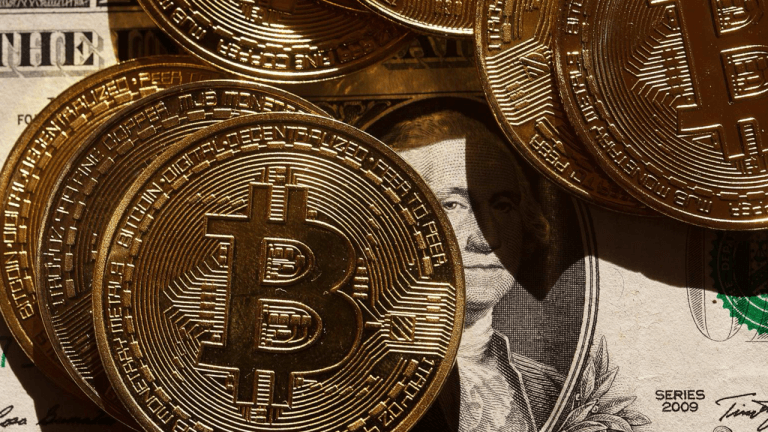
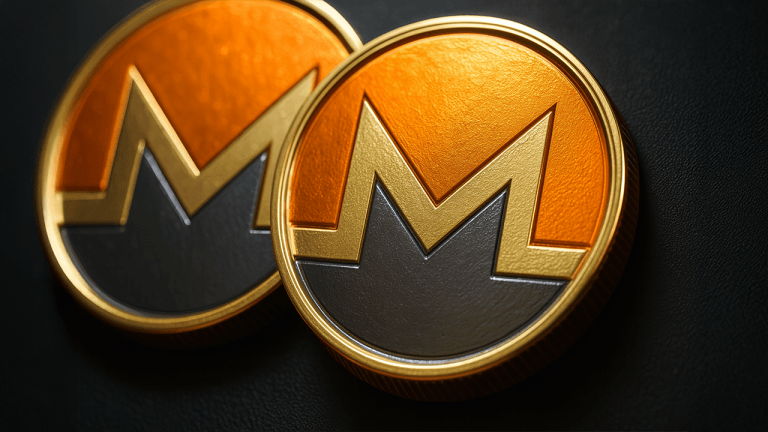

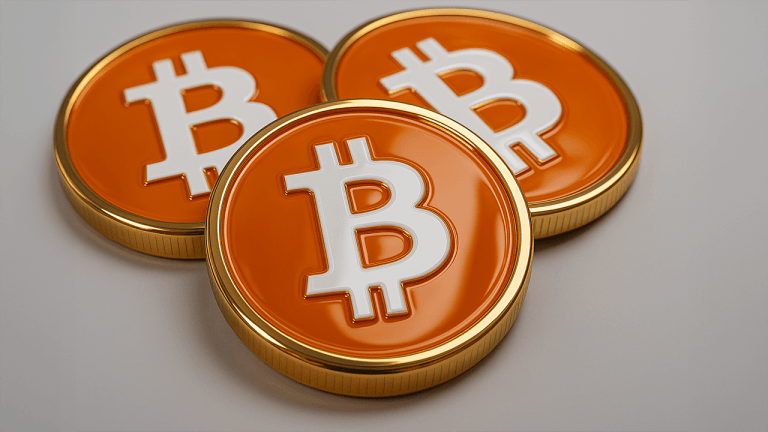

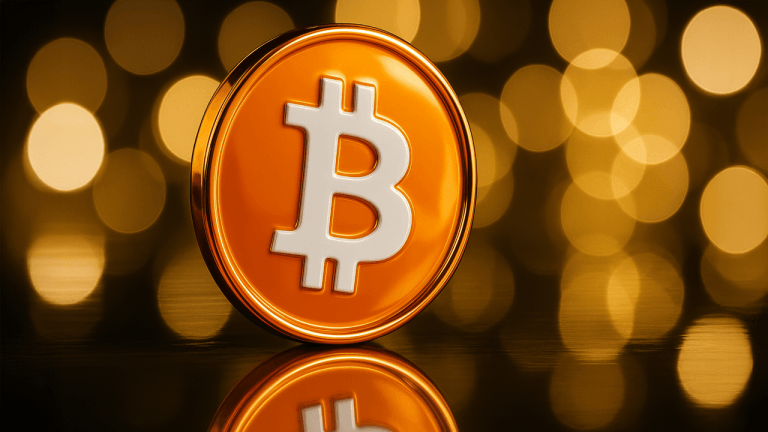

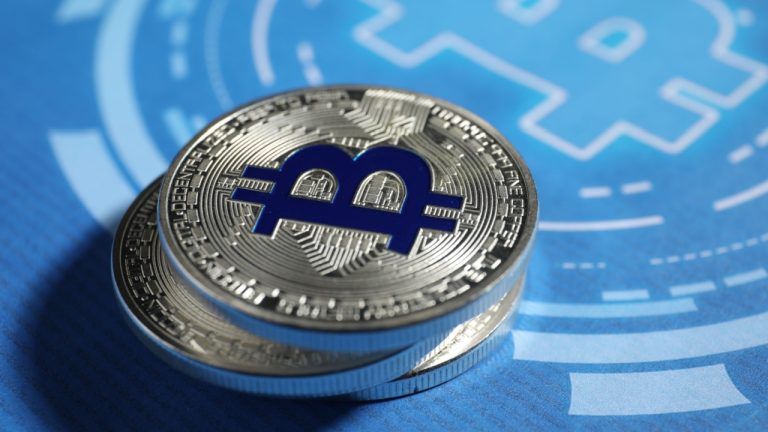
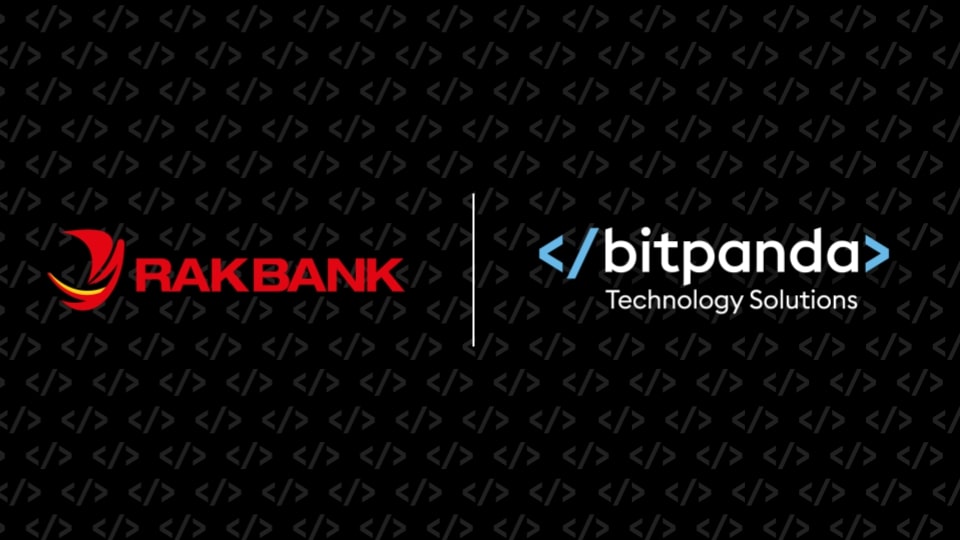
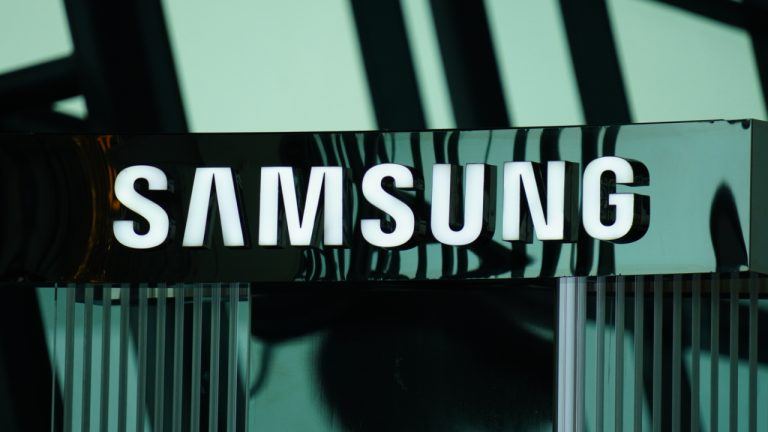



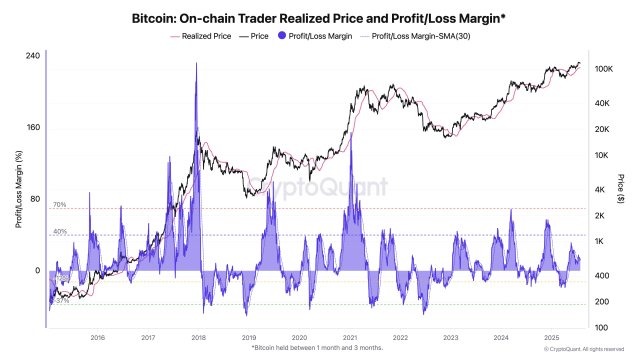

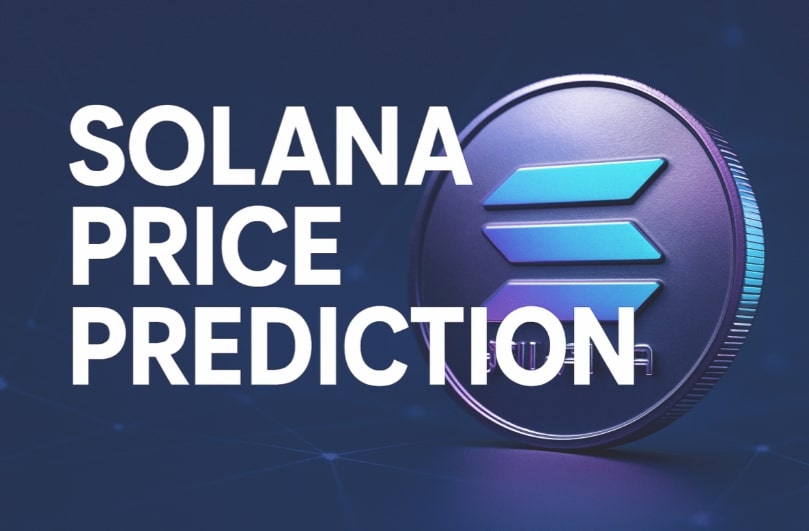


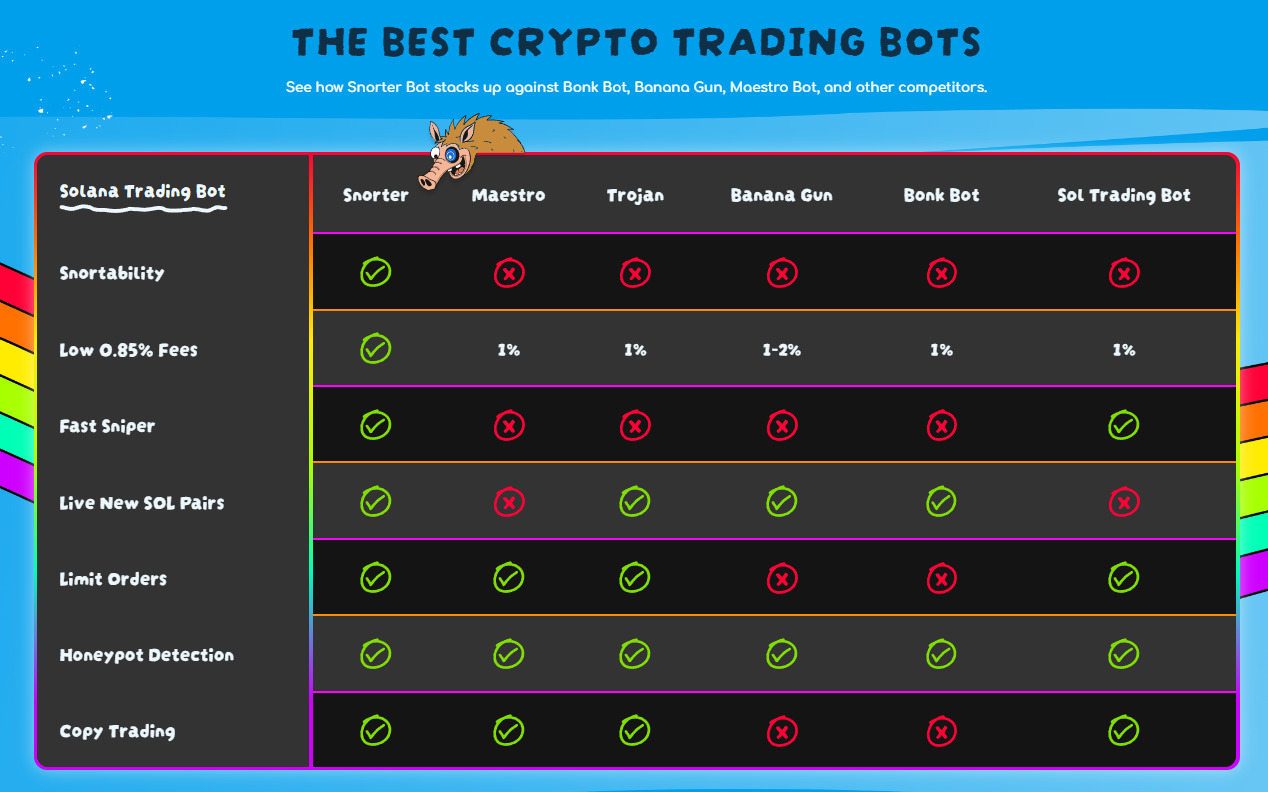
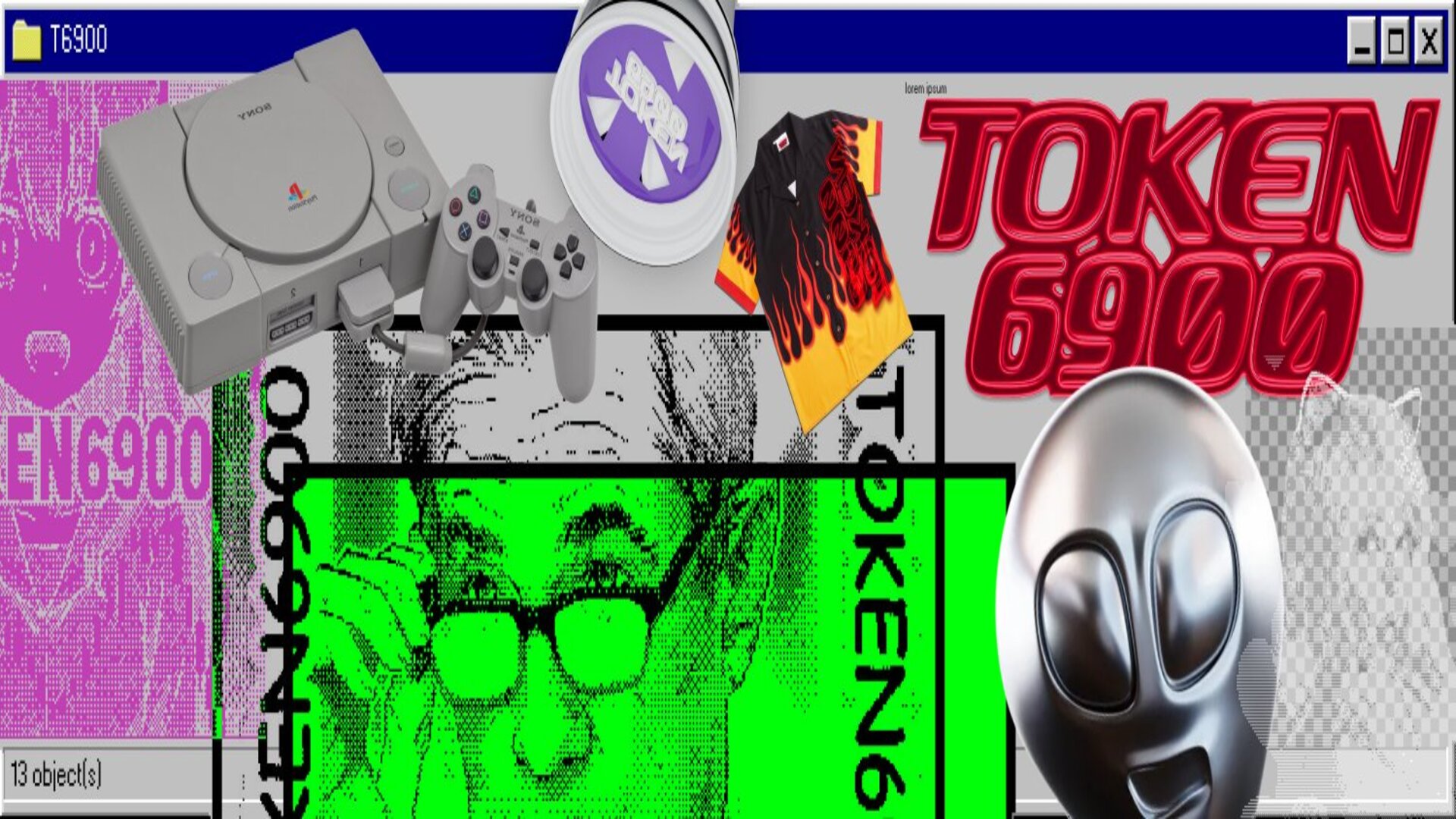
Comments